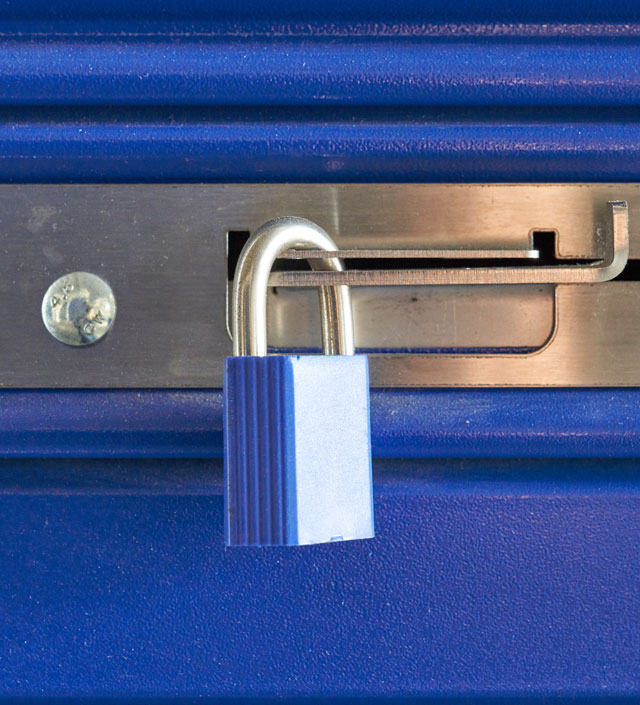I’ve been on the front lines of patient advocacy since I started my Chicago firm, NShore Patient Advocates, in 2011. The healthcare system has only deteriorated since then — becoming more complex and profit-driven — and I believe every patient needs someone to advocate for them when they’re in the emergency room or are admitted to the hospital.
Anyone can be an advocate, but older adults living alone may not have someone they can turn to. The New York Times reported in December that nearly 26 million Americans 50 or older now live alone, up from 15 million in 200, and this figure is still growing as Baby Boomers and Gen Xers age. Many older Americans are alone by choice, having decided marriage and children were not for them. Others have children who live far away, and some lost their spouses to divorce or death.
As lone adults make up a larger and larger share of the population, you will likely find some among your client base. They may have the financial resources to care for themselves, but no one to really look out for them should a medical issue arise. In order to advise them and help them safeguard their health, you might want to familiarize yourself with private-patient advocacy. This field is growing exponentially year over year.
Here are some common questions.
Can a person or a family hire a private patient advocate to represent them when they are in the hospital?
Absolutely. An individual can designate anyone – whether it’s a private advocate, a family member or a friend – to discuss their medical condition and treatment with hospital personnel. Under HIPAA, the Health Insurance Portability and Accountability Act, any personal representative must have the patient’s authorization to act in this capacity. Verbal consent is acceptable, but it’s always best to have a signed HIPAA authorization that can be placed in the patient’s record.
Hospitals are understandably reluctant to talk to anyone except the patient because of the risk of violating HIPAA and being fined. A private patient advocate will be very knowledgeable about the patient’s right to designate a representative, and it sometimes takes some effort to persuade doctors and nurses that this is the case.
Can a person have an advocate in the emergency room?
Again, the answer is absolutely yes – and I highly recommend it. When someone comes into an ER, the hospital staff assesses the seriousness of their condition and may make them wait. An advocate can pester the staff to get attention for their patient. Here’s where it is helpful to have an advocate with a medical background, who can provide concise medical history and monitor vital signs, such as heartrate, respiration and blood sugar.
How does someone establish a relationship with a patient advocate?
Private patient advocates often have professional relationships with financial advisers and elder law attorneys who can make referrals and contact them if the need arises. I have heard from advisers who suspect a client is being financially abused by a caregiver. Advisors who don’t know any private patient advocates can check patient advocate registries to find contacts in their region.
An individual or family member can also directly contact a patient advocate. We find this usually happens in an emergency situation. For example, an elder adult is in the hospital and their condition is deteriorating, or there’s a concern about a paid caregiver taking advantage of their patient.
What should you look for in a patient advocate?
Anyone can call themselves a patient advocate. There are even patient advocates employed by hospitals whose main job is to keep the hospital from being sued. A private patient advocate will have one priority: their client.
First and foremost, advocates should have good people skills. They need to be able to go into hospitals and doctor’s offices with a smile and a really positive attitude. Advocates who have the right personality will safeguard your client while at the same time make everyone feel good about the client’s care.
You also want an advocate who works nearby and is available for appointments, diagnostic tests and such. Finally, the advocate should have the ability to speak succinctly, understand what is said and ask clarifying questions.
What credentials should a patient advocate have?
Nurses make ideal patient advocates because they can speak the language and often have built-in compassion for their clients. More and more RNs are leaving hospital practice and joining the ranks of patient advocates.
In addition to some medical background, a patient advocate should be certified to work in this capacity. The Patient Advocacy Certification Board offers training and Board Certified Patient Advocate (BCPA) certification. Look for BCPA accreditation or consult the board’s certificant list, which is searchable by location. Another resource, the National Association of Healthcare Advocacy, maintains a directory that can help find advocates by location, area of expertise, or both.
How much do private patient advocates charge?
Many patient advocates charge hourly rates that begin around $100 per hour and run up to nearly $500 an hour. While it may seem prohibitively expensive to pay someone $100 (or more) an hour, a good patient advocate can help save thousands of dollars in medical bills – or even save a life.
Armed with this background, you can provide a valuable service to your advisory clients who are aging on their own.
Teri Dreher, RN, CCM, a critical care nurse for more than 35 years, is the founder of NShore Patient Advocates. She also founded Seniors Alone Guardianship and Advocacy Services, a nonprofit serving senior orphans and disabled adults, and created an online course to teach healthcare professionals how to start and grow their own patient advocacy company.






